Same Day Shipping EMI & COD on most products
Trusted Partner Since 1969
GST B2B Billing  Help
Help  00919699976817
00919699976817
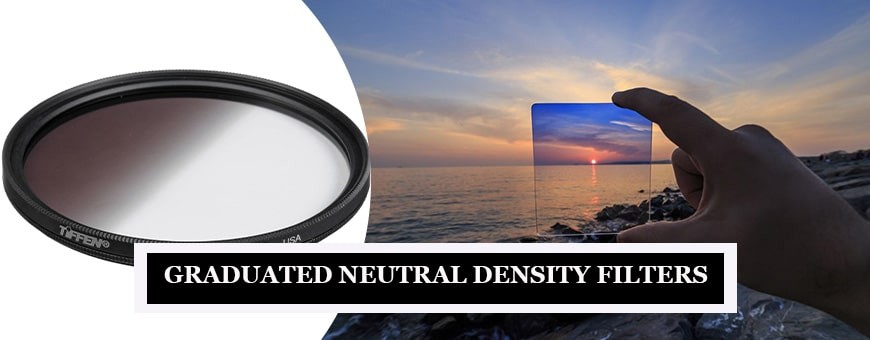
Showing 1–24 of 29 results
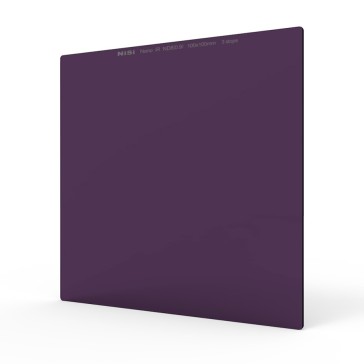
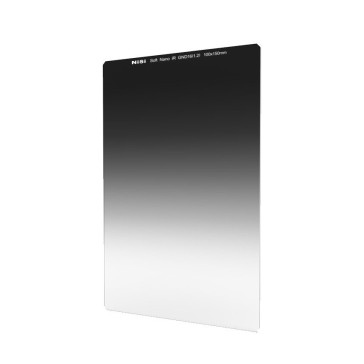
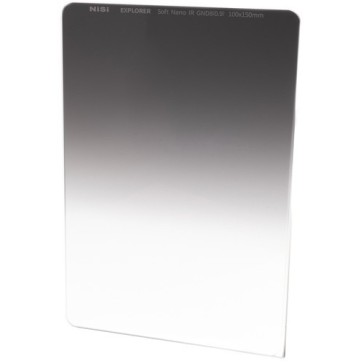
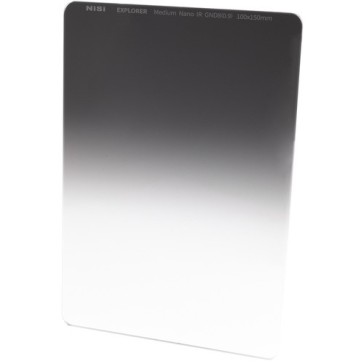
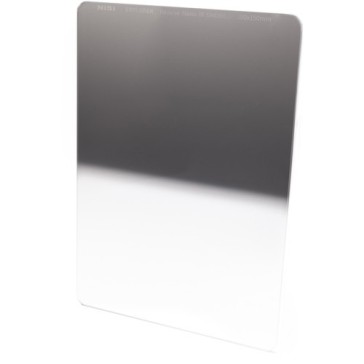
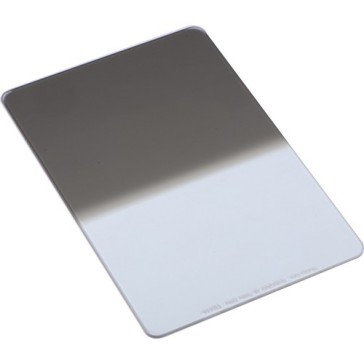
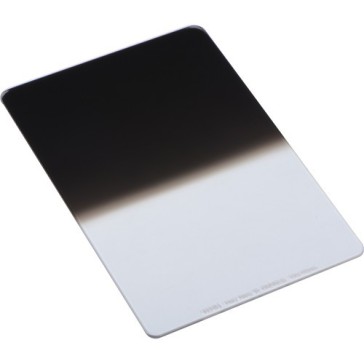
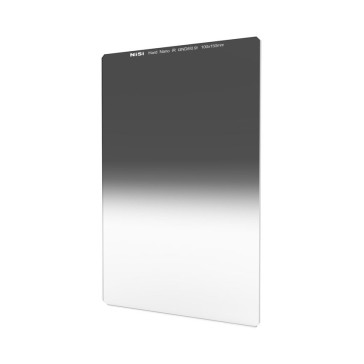
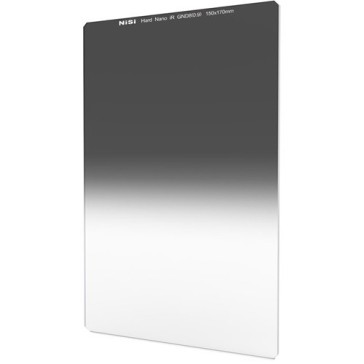

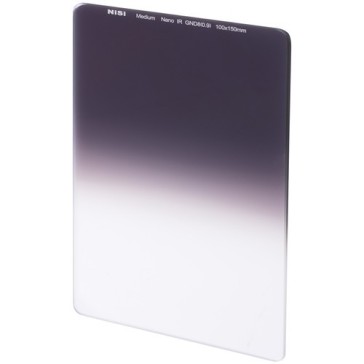
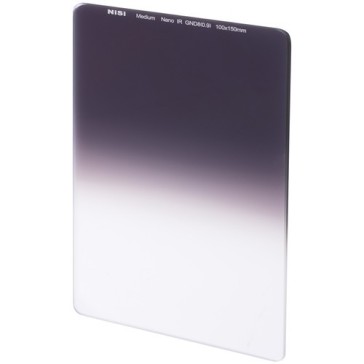
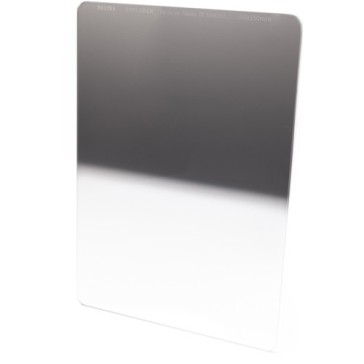
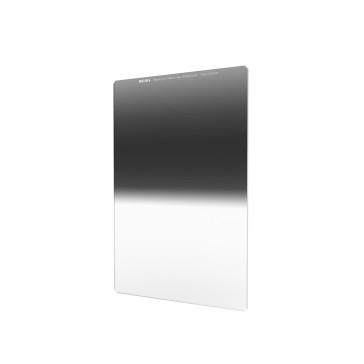
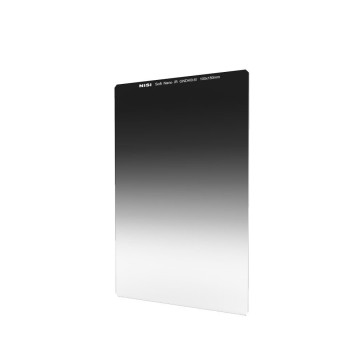
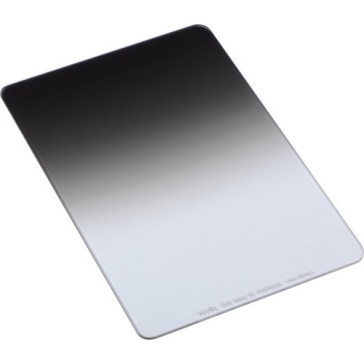
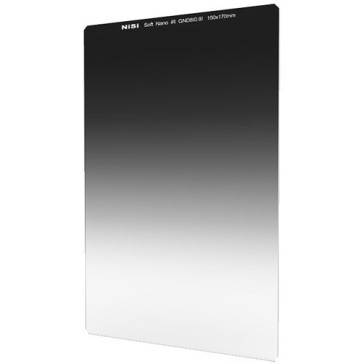
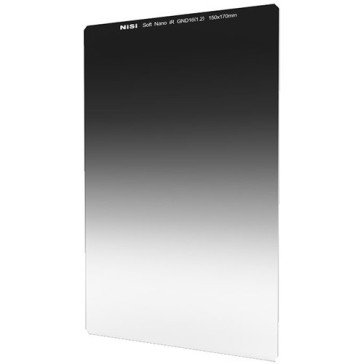
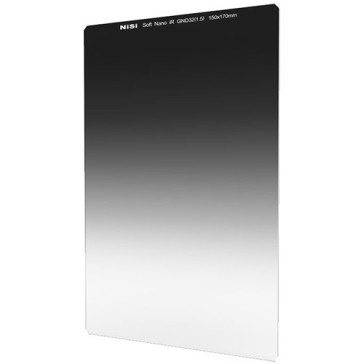
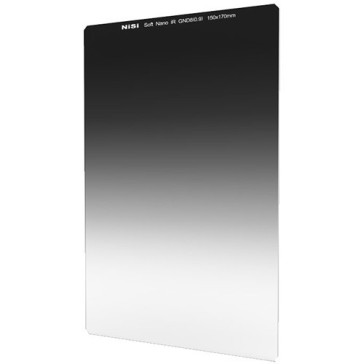
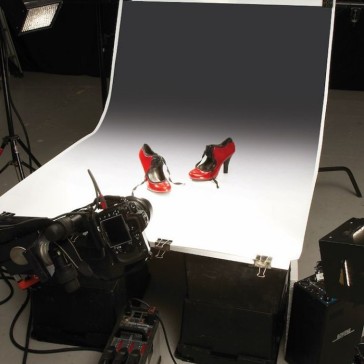
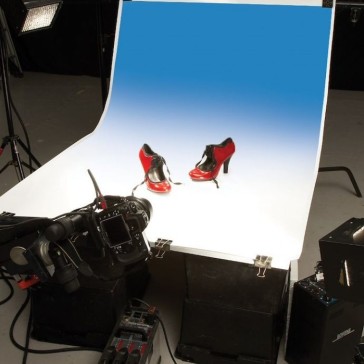
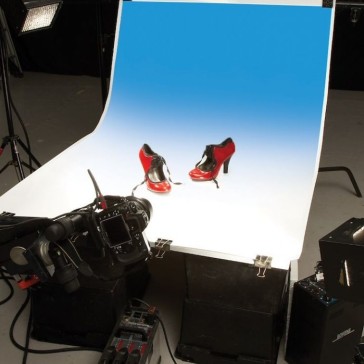
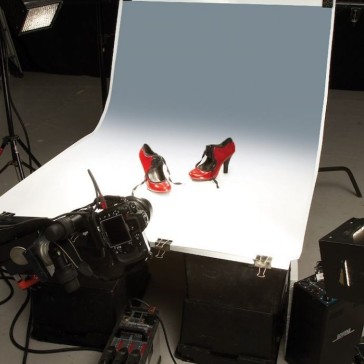
In the realm of photography, every accessory plays a significant role in enhancing or diversifying the outcome of your shots. Among these accessories, Photography Graduated Lens Filters stand out due to their unique ability to balance exposures, add drama, and craft artistic effects in captured scenes.
Understanding Graduated Lens Filters
Unlike standard filters that apply an effect over the entire image, graduated lens filters have a gradient effect. This means they affect only a portion of your shot, allowing for a smooth transition between the filtered and unfiltered sections.
Types of Graduated Lens Filters
There are mainly three types:
Hard-Edge Graduated Filters: Perfect for scenes with a straight horizon, like oceans.
Soft-Edge Graduated Filters: Best for landscapes with irregular horizons, such as mountain ranges.
Reverse Graduated Filters: These are specialized filters primarily for sunrises and sunsets where the brightest part of the scene is at the horizon.
Benefits of Using Graduated Lens Filters
Balancing Exposures: The top advantage is to even out exposures. For instance, in a scene where the sky is too bright compared to the ground, a graduated filter will ensure both parts are evenly exposed.
Enhancing Sky: Adding drama and color to the skies can turn a mundane scene into a captivating image.
Reducing Glare: In certain lighting conditions, graduated lens filters help in cutting out the unnecessary glare, especially during the golden hours.
Incorporating Filters in Your Workflow
To get the most out of these filters, photographers need to be aware of the light conditions and the kind of scene they’re capturing. A tripod can be handy as it ensures stability while adjusting the filter position.
In Conclusion
With a clear understanding and the right technique, Photography Graduated Lens Filters can be an incredible tool in a photographer’s arsenal. They not only enhance image quality but also open up avenues for artistic expression.
Graduated lens filters are predominantly used for balancing exposures in scenes with significant light differences, like landscapes with bright skies and darker grounds. They’re also employed to enhance the sky by adding drama and color or reducing glare during sunrise or sunset.
A soft-edge graduated filter provides a smoother transition between the filtered and unfiltered parts, making it ideal for landscapes with irregular horizons, like mountains. In contrast, hard-edge filters have a more defined transition, suitable for scenes with straight horizons such as oceans.
While there are digital post-processing techniques that mimic the effects of graduated filters, using an actual filter during shooting provides a natural look that’s challenging to replicate in post-processing. Moreover, filters help achieve the desired effect without compromising image quality.
Reverse graduated filters are designed with the darkest part at the center, fading out towards the edges. This design is perfect for sunrises and sunsets where the brightest part of the scene is right at the horizon. The filter helps balance the exposure during these conditions.



Most units are shipped same day using professional courier services with tracking.
We work round the clock to ensure you get the highest level of customer satisfaction.
Well packed, Sealed Units are shipped from our warehouse which are waterpoof & sturdy.
Design Info
GST: 27AYUPJ2628P1ZK
No.1, Saremals, Shastri Hall Building,
Nana Chowk, Grant Road West,
Mumbai 400007, Maharashtra, India
New Delhi Branch – South Ex 2, 110049
Also Ships DAILY from Brisbane, Dubai,
Berlin, Barcelona, Detroit & Vancouver.
Connect online / schedule a demo
Call/WhatsApp: +91-9699976817
Email: [email protected]
Live Chat: Business Hours
Follow Us: @designinfo.in
Copyright © 2014-2022 Design Info All Rights Reserved. Feedback on web experience
Since 1969